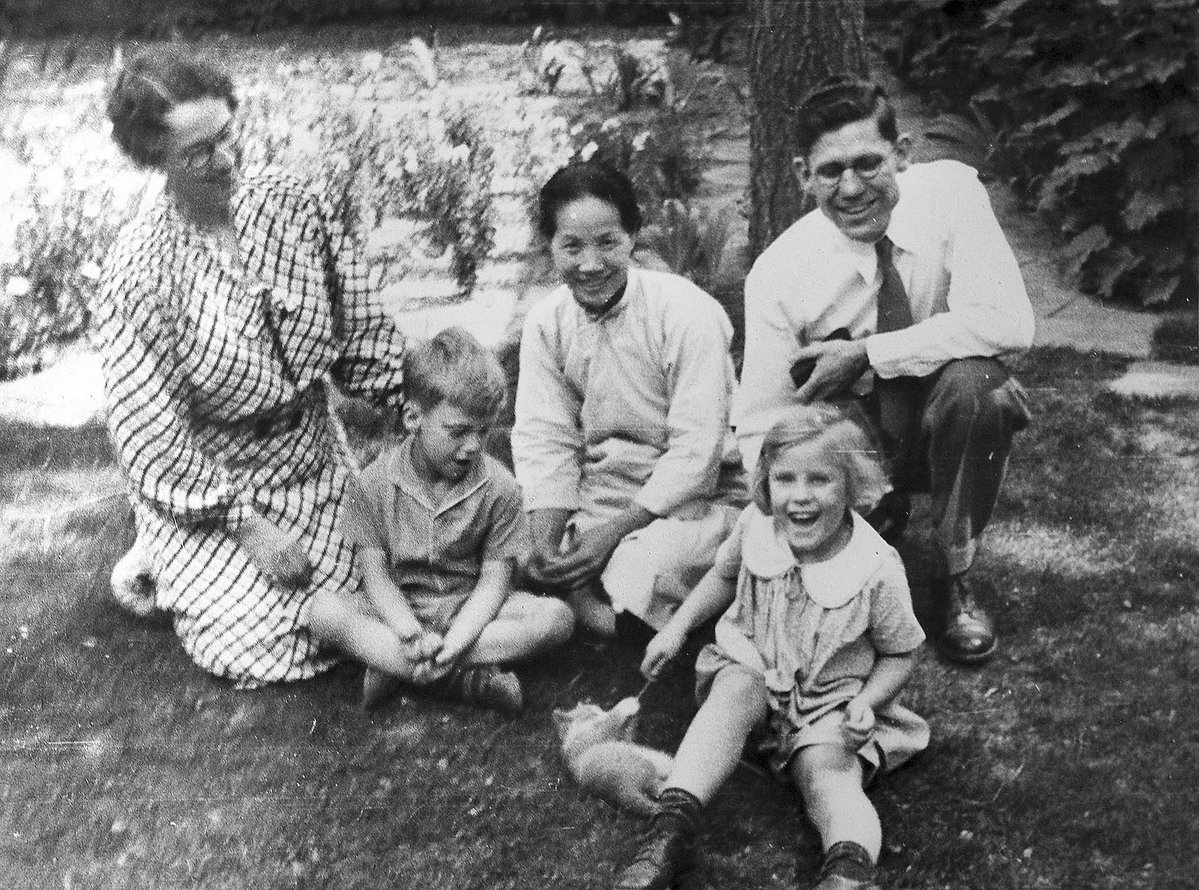US scholar's rare Party insight rediscovered
By RENA LI in Toronto | China Daily | Updated: 2022-10-29 08:52

A missionary
Bisson first arrived in China as a missionary in 1924, teaching English in Anhui province and then at Yenching University in Beijing. He returned to the United States in 1928 to enroll at Columbia University to pursue a PhD. However, he left before finishing the doctoral program to work for the Foreign Policy Association, an organization founded in 1918 to inform the US public on world affairs.
After serving for the US government for several years, he returned to China in 1937. With the help of Edgar Snow, author of Red Star Over China, Bisson, together with sinologist Owen Lattimore and two other US scholars, quietly went to Yan'an on what turned out to be the eve of the Lugouqiao Incident, which marked the start of Japan's all-out invasion of China in July 1937.
This lightning visit led to invaluable firsthand accounts for studying the arduous process of Chinese revolution. During the hardships along the way, Bisson witnessed the turbulent reality of Chinese society with his own eyes, and he interviewed Mao and other Red Army leaders.
"This first glimpse of Yan'an was unexpected and somehow caught us unprepared," Bisson wrote. "An extraordinary lightness, a gaiety almost, had marked the whole affair. The impression left was elusive; as an experience it could only be sensed."
He wrote his observations and interviews in pencil in two notebooks, faithfully recording the original intentions, ideals and struggles of the Chinese communists at that time.
"More comprehensively descriptive was the phenomenon of an entire group of people imbued with a high moral enthusiasm," Bisson wrote. "Selfish individual aims, so far as one could see, had been surrendered to a deeper loyalty. In the common cause all stood on a footing of equality. Each shared in the work to be done, and each shared in the spirit that filled it. These were halcyon days at Yenan. One can understand why Mao Tse-tung has fought to retrain that spirit and to extend it to all of China."
Lattimore, who had approached Bisson with the suggestion to visit Yan'an, said: "Our questions were being answered patiently, courteously, and in very specific detail by the top men of the Chinese Communist Party. Anybody looking back now at Bisson's record of these conversations can see that the answers provided an astonishingly complete intelligence report on the program and intentions of the communists, which they revealed fearlessly because they were confident that they already stood at a historical conjuncture from which they could clearly see the way forward."
























